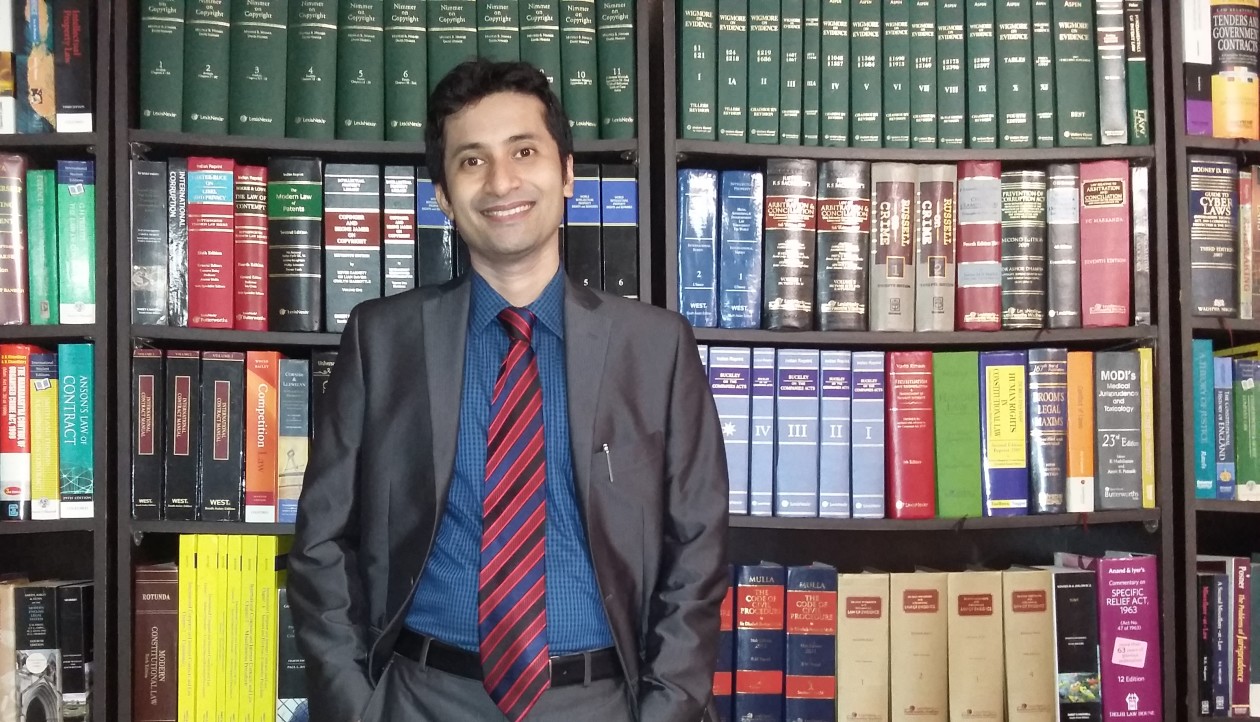And the angel answered and said unto her,
The Holy Ghost shall come upon thee,
and the power of the Highest shall overshadow thee:
therefore also that holy thing which shall be born of thee
shall be called the Son of God
Luke 1:35 (King James Version)
Christianity is a religion spanning twenty centuries of history. Christianity started as a tiny group within Judaism and was almost inconsequential for many centuries. Such a small group transforming into a world religion spanning across all continents is nothing less than a miracle!The variety of sects within Christianity show the diversity of the religion. Many prominent groups such as Roman Catholic, Eastern Orthodox, Protestant, Evangelical, Anglican, Prebyterian etc. now constitute the Christian faith. It all started in Judea which was at that time ruled by Romans. In such harrowing times of Roman domination, Jesus’s miraculous birth has been described in all the gospels. He was then baptised by the John. He later went to the wilderness for praying and fasting for forty days.Jesus predicted his imminent arrest and death during the Passover seder. He then went to the Garden of Gethsemane on the Mount of Olives where he prayed to the god and the Temple Guards then arrested him with the help of Judas Iscariot. A summary trial took place the same night but the witnesses testimonies were at great variance and thus it was not possible to convict Jesus. But on his acquiescing of being the ‘Messiah’, he was charged with the capital offence of blasphemy. When taken to Governor Pilate, he was unsure of the alleged crime and tried to free him in recognition of Passover but could not do so and instead ordered for his crucifixion which took place at Golgotha.
Gospels describe the then rising of the Christ and his transformation.The birth of the church came after Christ’s ascension at the beginning of the feast of Shavuot or ‘Pentecost’. Though during the early years the Church was exclusively Jewish and Gentiles were not allowed to be baptised,but later with the baptizing of Cornelius,a Roman centurion by Apostle Peter the trend changed leading to a massive spurt in the number of followers. Later Paul worked tirelessly to popularize the new faith by baptising high number of Gentiles which made the new sect different from the Jews. But the Roman authorities were becoming increasingly suspicious of this new faith. Persecutions followed as the believers of the new faith were no longer having the legal immunity which the Jews had. Persecutions increased and situation deteriorated so much that following this new faith was made a capital offense. But times changed and the conversion of Constantine the Great to Christianity led to the end of this agony. This new religion was now the state religion. Christian symbol painted on Constantine the Great soldiers’ shields clearly indicated the future of this faith. ‘Edict of Milan’ was promulgated which granted Christian legal rights. The first Ecumenical Council was also conveyed during his tenure.
After this the new faith never faced any serious challenge. The religion continued to grow and more people continued to embrace the new faith. Works of Christian scholars like St. Augustine of Hippo and St. Maximus the Confessor helped the new religion tremendously. Though there was later division in the order because of certain ecclesiastical differences in the fourth Ecumenical Council (Great Council of Chalcedon) yet the disassociating Churches like the Ethiopian Church, the Syrian Jacobite Church, the Coptic Church only fuelled the further growth of this religion.Even the division of the ancient Catholic Church into Eastern Orthodox and Roman Catholic Churches in the year 1054 A.D. which formally broke the communion between the sees of Constantinople and Rome and the later ‘Reformation’ did not hinder the popularity of the religion and Christianity continues to remain the world’s largest religion.
